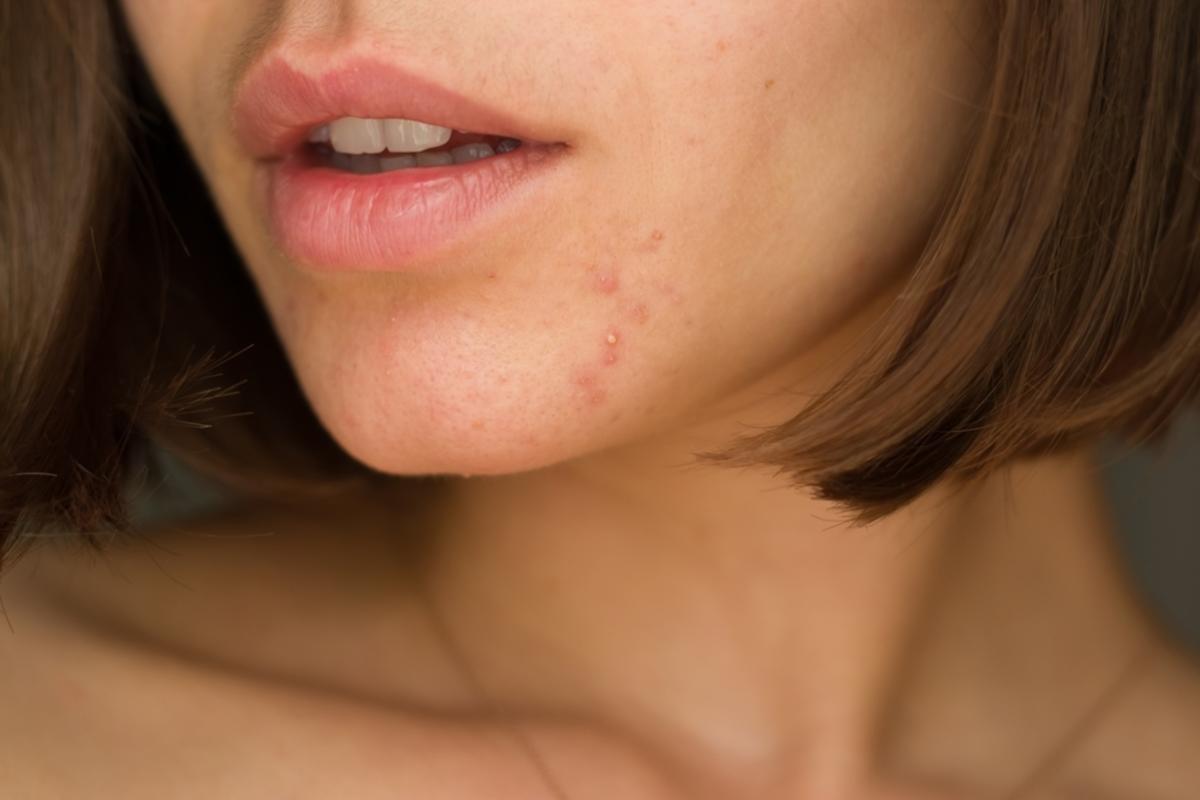How Effective Is Tea Tree Oil For Acne?
When searching for the best Acne Treatment in Dubai, many people turn to natural remedies before considering stronger medical solutions. One of the most popular options among skincare enthusiasts is tea tree oil, a powerful essential oil known for its antibacterial and anti-inflammatory properties. But how effective is it really for acne-prone skin? Let’s explore the science, benefits, and potential drawbacks of using tea tree oil for clearer, healthier skin.
What Makes Tea Tree Oil Popular for Acne?
Tea tree oil is derived from the leaves of the Melaleuca alternifolia plant, native to Australia. It has long been recognized for its antiseptic and healing qualities. In skincare, it’s primarily used to combat acne because of its ability to kill acne-causing bacteria and soothe redness.Unlike harsh chemical-based treatments, tea tree oil offers a more natural approach to acne control. It helps cleanse clogged pores, reduce swelling, and calm irritated skin — all without the side effects often linked to synthetic ingredients. For those looking for gentle yet effective skincare solutions, this oil can be a valuable addition to their acne routine.

How Does Tea Tree Oil Work Against Acne?
1. Fights Acne-Causing Bacteria
One of the main causes of acne is the buildup of bacteria on the skin, particularly Propionibacterium acnes. Tea tree oil contains compounds like terpinen-4-ol, which help kill these bacteria and prevent new breakouts from forming.
2. Reduces Inflammation
Acne isn’t just about bacteria — inflammation plays a big role too. The anti-inflammatory nature of tea tree oil helps reduce swelling, redness, and discomfort caused by pimples, giving the skin a calmer and more balanced appearance.
3. Controls Excess Oil Production
Excess sebum (oil) can clog pores and trigger breakouts. Regular use of diluted tea tree oil can help regulate oil production, keeping the skin’s natural balance in check.
Scientific Evidence Supporting Tea Tree Oil
Research backs up many of the claims surrounding tea tree oil. Several studies have shown that products containing a 5% concentration of tea tree oil can be just as effective as conventional acne treatments like benzoyl peroxide, but with fewer side effects such as dryness or peeling.In addition, tea tree oil’s antimicrobial and anti-inflammatory actions make it ideal for treating mild to moderate acne. However, consistency and proper dilution are key to seeing long-term results. Applying undiluted oil directly to the skin may cause irritation or allergic reactions, so it’s important to use it safely.
How to Use Tea Tree Oil Safely
When incorporating tea tree oil into your skincare routine, remember that a little goes a long way. Here are a few ways to use it effectively:
1. Spot Treatment
Dilute a few drops of tea tree oil with a carrier oil like coconut or jojoba oil and apply it directly to blemishes using a cotton swab. This helps target specific breakouts without drying out the surrounding skin.
2. Add to Your Cleanser or Moisturizer
Mixing a drop or two of tea tree oil into your daily cleanser or moisturizer can enhance its acne-fighting power. Just be sure to do a patch test first to ensure your skin tolerates it well.
3. Steam Therapy
Add a few drops of tea tree oil to a bowl of hot water, then let the steam open your pores and allow the oil’s antibacterial properties to penetrate deeply. This can help reduce breakouts and promote clearer skin over time.
Potential Side Effects to Watch For
While tea tree oil can be effective, it’s not suitable for everyone. Undiluted use may cause irritation, redness, or dryness, especially for those with sensitive skin. Always dilute it properly and avoid using it on broken or extremely dry skin.It’s also important to note that tea tree oil should never be ingested. It’s meant for topical use only, and improper application can lead to unwanted reactions. If you notice increased irritation, stop using it immediately and switch to a milder treatment.
Combining Tea Tree Oil with Other Skincare Practices
For best results, tea tree oil should be part of a broader skincare routine. Cleansing, exfoliating, and moisturizing regularly help maintain skin health and prevent future breakouts. Eating a balanced diet, managing stress, and staying hydrated also support clearer skin from within.Those exploring Acne Treatment Dubai options can consider tea tree oil as a natural, complementary remedy. Whether used alongside professional treatments or as a daily skincare addition, its antibacterial and soothing qualities make it an excellent choice for anyone struggling with acne.
Final Thoughts
Tea tree oil is a time-tested natural remedy that can help reduce acne and promote healthier-looking skin. Its antibacterial and anti-inflammatory properties make it an effective choice for mild to moderate acne. While results vary from person to person, consistent use of diluted tea tree oil can lead to visible improvements over time.